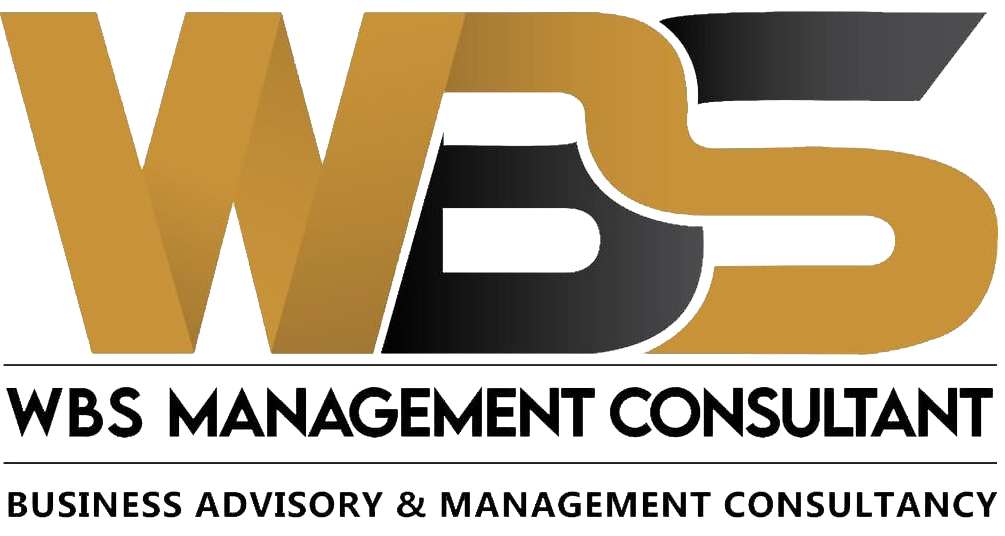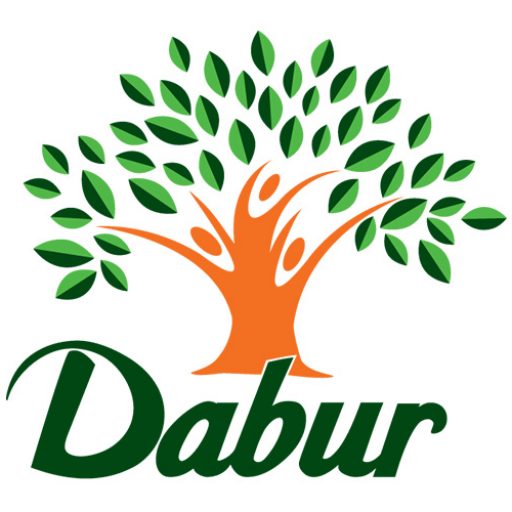Figuring out the real value of your business is very important — no matter if you want to find investors, leave the company or set up a new partnership. Our business expertise lets us provide valuation services in Dubai, UAE to startups, entrepreneurs and various companies. They consult financial information and local data to make sure the reports we provide back up your big business decisions.
Why Business Valuation Matters
A business valuation done by a professional is about more than a number — it is valuable to a business strategy. Dubai and UAE company owners use it to help them make choices, plan for growth and lower risks. Proper valuation helps with loan or investment applications, mergers and acquisitions, shareholder exits and creating financial statements. The data allows leaders to notice small issues in a business which helps them address them early on. If you are starting a business in the UAE, a valuation helps set a fair performance standard for your future decisions. Our valuation approach at WBS Advisory is accurate, open and follows best practices around the world.
Our Approach to Business Valuation
Our experts assess your business using your own model and set of objectives. We follow world-class ways of doing things, still ensuring the methods are useful for Dubai’s environment. We often use the income-based valuation approach, where we forecast future income and discount it to estimate the value of a business— it’s ideal for anyone asking, how do you estimate a business value by watching its cash flow? We also apply a valuation model that compares your business to recently sold businesses in the same industry. Its most useful feature appears when preparing for mergers or sales.
Finally, this method is used when significant tangible assets or intangible assets are owned by the company. It measures the value of total assets by removing the liabilities. In our final business valuation, you’ll find a clear breakdown of finances, how we came to our conclusion and personalized suggestions for your business. Our valuations ensure you get the right price when you buy or sell a company.
Who Needs Our Business Valuation Services?
We provide business valuation help to various types of clients. When entrepreneurs are raising funds or making new partnerships, they often need a correct valuation to make sure terms are fair. Founders and investors seek our reports to help them make important decisions in times of funding or in preparations for exits. When a family-owned business is preparing for succession, valuation helps ensure that all goes smoothly.
We are relied on by investors for independent views prior to entering into mergers or collaborations. Some companies contact us to examine why they have financial difficulties and what points suggest their businesses are troubled. In addition, companies setting up in Dubai use our service to determine their first company value. Regardless of what stage or scale your business is, our reports help you make informed choices.
Why Choose WBS Advisory for Business Valuation in Dubai?
Due to the firm’s accuracy, independence and integrity, WBS Advisory is regarded as a trusted leader in Dubai’s business valuation field. Individuals and companies come to us for our unbiased valuation work managed by skilled financial experts. We base our work on the globally accepted IVSC and IFRS standards which also fit our local context. Because we cover many industries, we can give helpful and detailed insights compared to others.
In addition, we assist with business incorporation in Dubai, meaning we can handle all your financial planning needs. Clients trust that we provide fast results and ongoing support to move them along confidently. We create a financial plan that complements your valuation with realistic forecasts.







